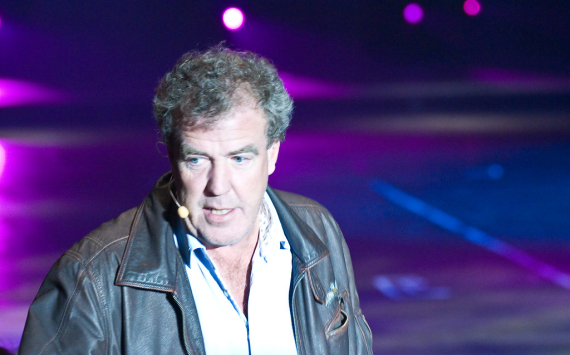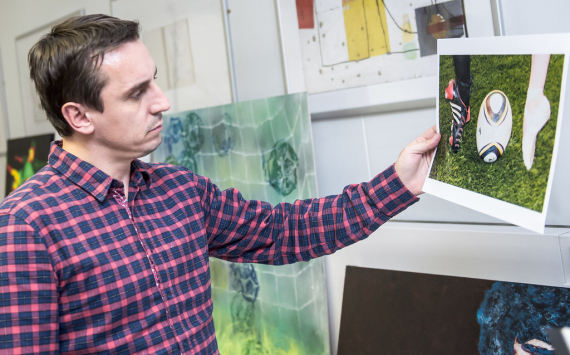
Serving Discontent
Recent changes to the Masters 1000 tennis tournaments, which now extend up to two weeks, have sparked mixed reactions among top players. While some appreciate the extra rest days, others argue that the longer stays at tournaments are mentally taxing and disrupt their personal schedules.
The debate intensified at the closing stages of the Madrid Open, a flagship event in the Masters series. Traditionally lasting a week, such tournaments now span 12 to 13 days, a format already adopted by Indian Wells, Miami, Rome, and Shanghai, and slated for implementation at the Canadian and Cincinnati Masters from 2025.
Player Perspectives
Andrey Rublev: "It's true that the new format allows more rest, but it also means we spend four weeks for what used to be two weeks of tournaments. This can be mentally tougher, reducing our recovery time at home."
Elena Rybakina: Shortly after her semi-final match, Rybakina criticized the extended format for not being "very helpful" in managing player fatigue. "Staying in one place for almost two weeks isn’t ideal, especially when we immediately transition to another mandatory tournament," she explained.
Contrasting Views
Aryna Sabalenka and Iga Swiatek both see benefits in the extended format, particularly the additional rest days. Sabalenka finds the extra day aids physical recovery, while Swiatek points out the challenges of mental readiness in such prolonged events. However, like Rublev and Rybakina, Swiatek expressed frustration over the lack of player involvement in scheduling decisions.









































